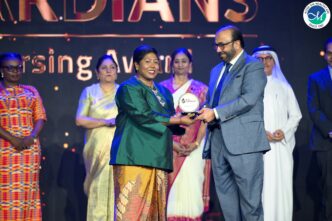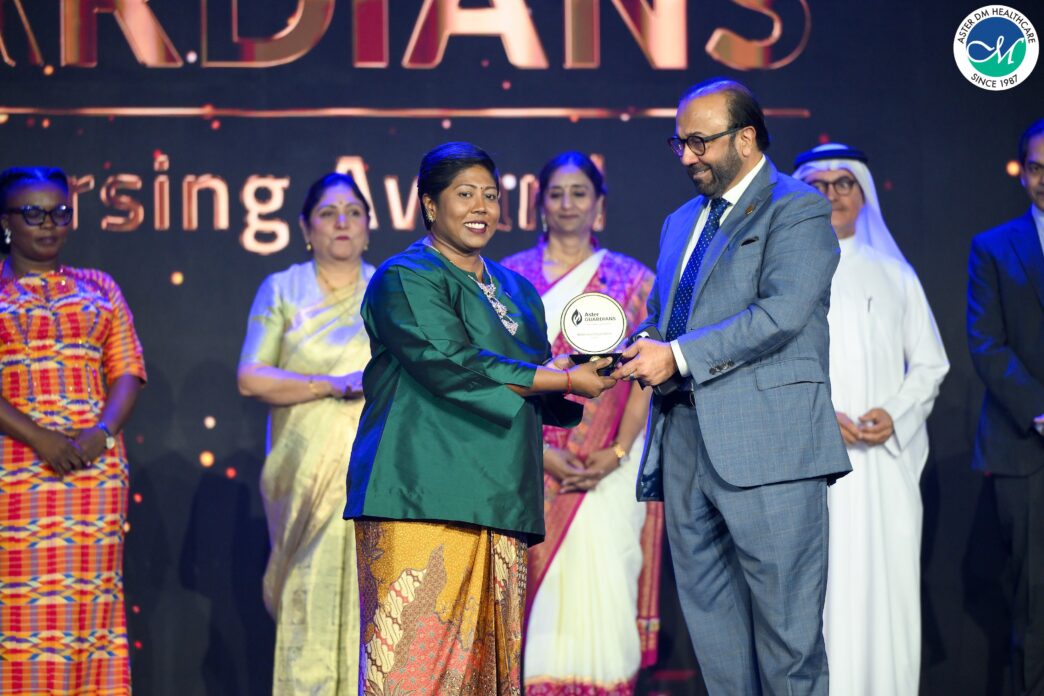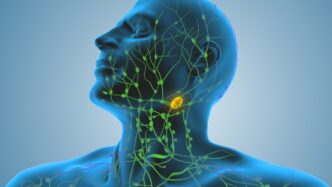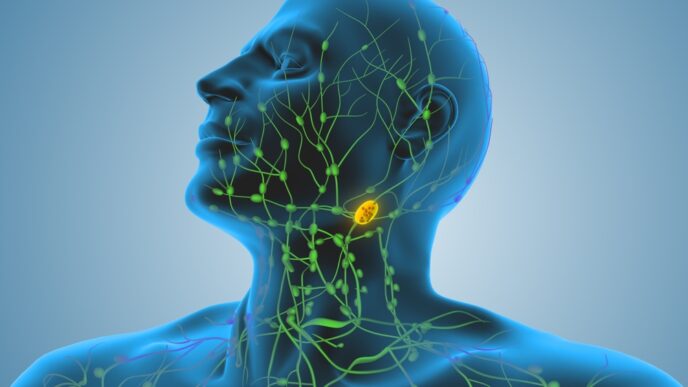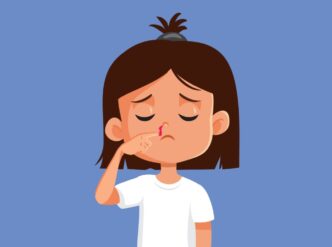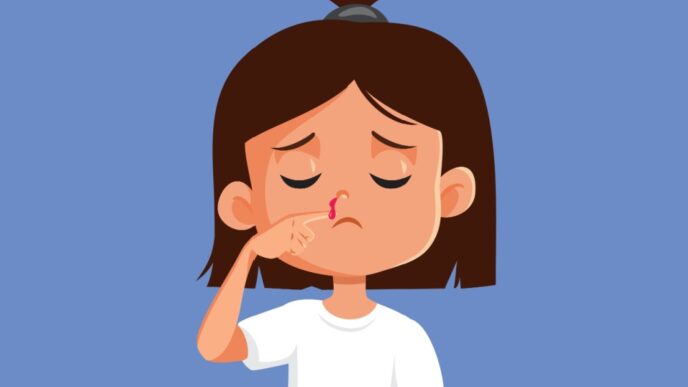Maheswari Jaganathan, or Ms Mahes as she is fondly known, has spent over two decades in nursing. Now, her works with Cancer Research Malaysia has earned her a place among the top 10 finalists for the prestigious Aster Guardians Global Nursing Award 2025. This is her journey.
WORDS LIM TECK CHOON
 FEATURED EXPERT FEATURED EXPERTMAHESWARI JAGANATHAN Deputy Head of Community Outreach Cancer Research Malaysia (CRMY) |
A CALLING FOR A LIFE OF SERVICE
For Maheswari Jaganathan, nursing was never just a job — it was a calling.
Raised in a family that valued caregiving and compassion, Ms Mahes entered the profession over 23 years ago.
She began her career at the bedside, dedicating herself to clinical nursing before eventually expanding her scope to focus on systemic improvements and outreach.
“I only transformed the way I approached my career in the last 15 years,” she shared. “But my foundation has always been nursing.”
Answering a New Call: Joining Cancer Research Malaysia
In 2011, Ms Mahes joined Cancer Research Malaysia (CRMY), where she currently serves as Deputy Head of the Community Outreach Unit.
While the unit’s name may suggest awareness campaigns or public events, its scope is far more ambitious. Under her leadership, CRMY works in tandem with the Ministry of Health to improve breast cancer survivorship through the Patient Navigation Programme.
NURSES: THE HEART OF HEALTHCARE SYSTEMS
For Ms Mahes, nurses are more than caregivers. They are planners, implementers, and visionaries.
“Nurses can lead change at the systems level. We see the full journey — from a patient’s home to the clinic, to the hospital — and we understand what the patient and her family go through,” she explains.
In Malaysia, however, such roles are still limited, often dominated by doctors or academic researchers. CRMY stands out in that regard, offering a platform for nurses to co-lead research and system innovation.
CHANGING THE BREAST CANCER LANDSCAPE IN MALAYSIA
When Ms Mahes first joined CRMY, Malaysia’s breast cancer survivorship rate was just 49% — one of the lowest in Southeast Asia.
Today, it stands at 67%.
Despite this progress, more than half of patients still present with late-stage disease. “We wanted to understand why,” she said. “It is not just about rural access or traditional beliefs. Many women feel they cannot afford to fall sick — emotionally, financially, or socially.”
Through the Patient Navigation Programme, CRMY’s team — including nurse navigators and social welfare officers — works with patients and their families to identify and remove barriers to timely diagnosis and treatment. The initiative is deeply personalized. From helping arrange childcare and transport, to providing financial aid for chemotherapy, it ensures no woman feels alone after receiving her diagnosis.
The Breast Cancer Patient Navigation Programme
The first of its kind in Malaysia, this programme bridges clinical care with social support.
“We map a patient’s journey from the moment she enters the healthcare system — looking at everything from diagnosis timelines to treatment barriers, logistics, even her family obligations,” Ms Mahes explained.
The model was first demonstrated in Hospital Tengku Ampuan Rahimah, Klang, and has since expanded to other government hospitals.
How the Programme Helps Breast Cancer Patients
- The advisor, called a “nurse navigator”. will meet the breast cancer patient after she was diagnosed.
- The nurse navigator has received information from the doctors and using this formation, prepared a list of the challenges the patients face in completing treatment, whether it is financial, physical distance between her residence and the hospital, and more.
- The navigator will then work closely with the patient and her family as well as the hospital to help overcome these challenges so that the patient can go for treatment with minimal disruptions.
- For example, for breast cancer patients that are also sole breadwinners for their family, Ms Mahes shares that financial assistance may be given for the days that the breast cancer patient couldn’t work because she had to go for treatment.
A Milestone Step in Saving Lives
CRMY’s one-stop Pink Ribbon Centres, developed in collaboration with government hospitals, now offer a coordinated pathway for newly diagnosed patients. Within 14 days of referral, patients undergo triple assessment (mammogram, ultrasound, biopsy), and receive a treatment roadmap — one that considers both clinical and personal needs.
“We may not be able to prevent the cancer,” Ms Mahes said, “but we can ensure that no patient walks this journey without hope and direction.”
CRMY reports that the PNP has seen up to 95% of patients in the programme completing treatment.
Buoyed by this success, Ms Mahes shares that the PNP has expanded to government hospitals in a few states in Malaysia, including Sabah and Sarawak.
They are working closely with the Ministry of Health to expand the PNP outreach across Malaysia, in hopes to further improve cancer survival rates across Malaysia.
A GLOBAL HONOUR: ASTER GUARDIANS GLOBAL NURSING AWARD FINALIST
Ms Mahes’s groundbreaking work in patient navigation led to her being named one of ten global finalists for the Aster Guardians Global Nursing Award 2025.
A Closer Look at the Aster Guardian Global Nursing Award
- This international accolade, established in 2022, recognises nurses who have made transformative contributions to healthcare.
- Each year, over 100,000 nurses from around 200 countries submit self-nominations, supported by thorough documentation of their work.
- Finalists pitch their initiatives before a grand jury comprising global healthcare leaders.
Though the ultimate funding prize went to a nurse from Ghana, Ms Mahes describes the experience as deeply humbling.
“Every finalist came with a powerful story,” she recalls. “From building blood banks to creating safe houses for domestic violence victims — every nominee was working to solve real, pressing problems.”
As an Aster Guardian finalist, she now serves as a global ambassador and mentor, helping to inspire the next generation of nurses.
A Journey of Reflection and Growth
Being among the world’s top ten did not merely validate Ms Mahes’s work — it reshaped her worldview.
The Dubai summit, where finalists gathered, offered her the chance to connect with nurses from diverse countries including Switzerland, Kenya, and Papua New Guinea. Many came from under-resourced healthcare systems, yet all shared a resolute spirit.
“Innovation starts with limitations,” she reflects. “Their challenges are enormous, but so is their will to make things better.”
What resonated most with her was the global solidarity and mutual respect. “No one saw the others as competitors. We were all hoping that whoever received the funding would use it to change lives — and they are.”
A COMMITTED VOICE TO SERVICE
Despite her accolades and global recognition, Ms Mahes remains grounded.
Her passion is still rooted in service to her patients, their families, and the profession she holds dear.
“At the end of the day,” she said, “it is about making sure that no one is left to struggle alone.”
In a world where nurses are often unsung heroes, Ms Mahes has not only found her voice — she is using it to light the way forward.
| This article is part of our series on inspiring real-life stories of healthcare industry professionals as well as everyday people. |

